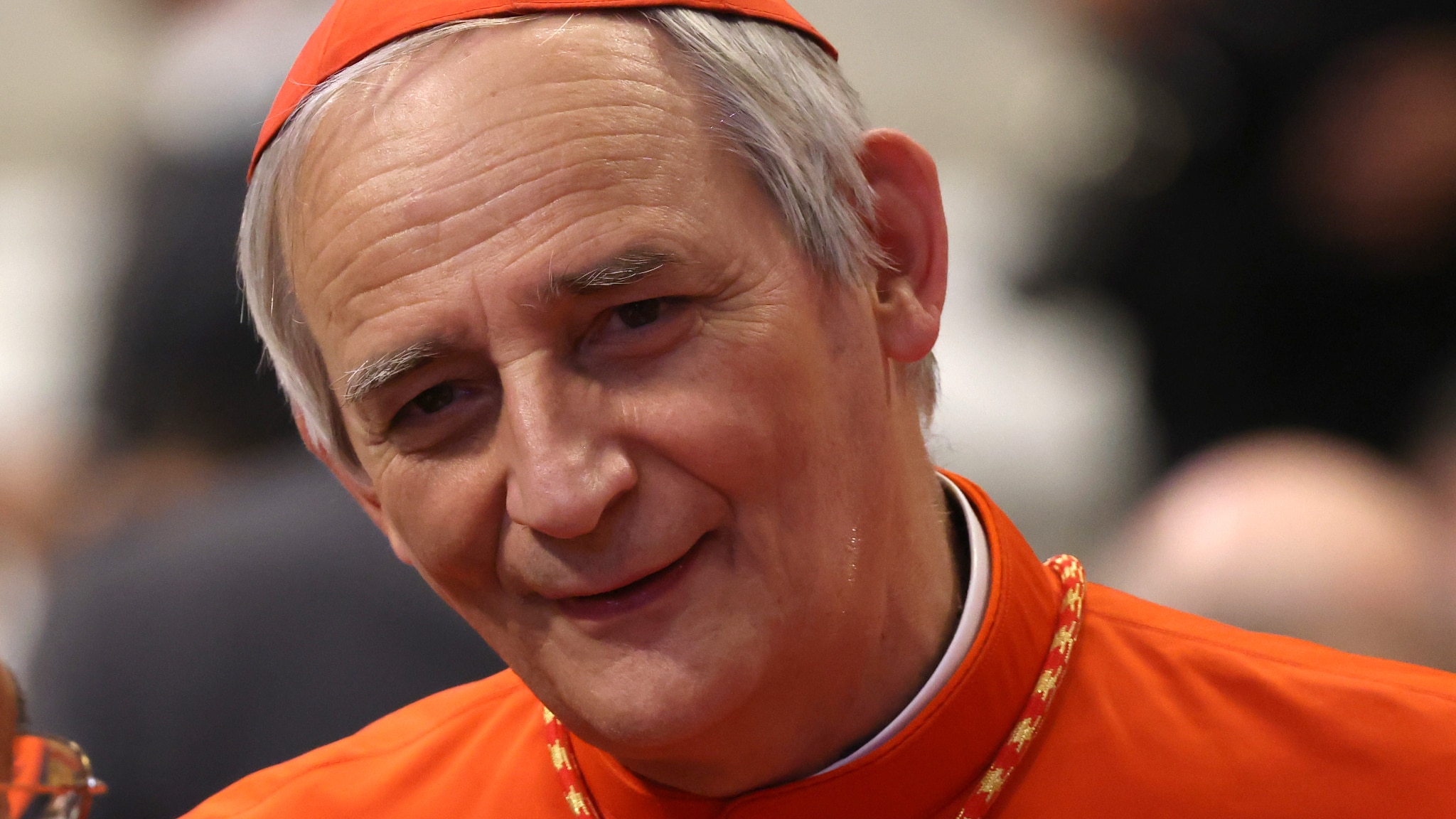With the polls closed, among the reactions of the last few hours on the electoral result, the voice of the
CEI
, the Italian Bishops' Conference, could not be missing.
In a note released today, its president, Cardinal
Matteo Maria Zuppi
, archbishop of Bologna, reminds the winners of the elections, the elected members of the new Parliament and the government that it will be formed that
politics must act "at the service of all, starting with the weakest and least guaranteed
".
A recommendation that is not trivial, not of circumstance, but which marks the level of attention that the Italian Church will show in the coming months to the choices of politics and institutions.
Not with the tones and methods known in the past (those of the "interventionist" Church of Camillo Ruini, so to speak), the Church that came to carry out a heavy
moral suasion
in parliamentary votes, conditioning the choices of the government.
On the contrary, the Church of Francis, and of the CEI led by Zuppi, will show itself attentive to the action of the executive, to the answers it will be able to offer to the needs of the people,
willing to intervene "with severity, if necessary
".
What is certain, the president of the Italian Bishops' Conference clarifies, is that the Church "
it will continue to indicate […] the common good and not personal interest, the defense of the inviolable rights of the person and the community
”.
AP Photo
Cardinal Matteo Maria Zuppi, president of the CEI, in Matera with Pope Francis
The recommendations released today also manifest a basic "concern": the high rate of
abstention,
a record in republican history, a sign of a disaffection from democratic practices that is "a symptom of a discomfort that cannot be superficially dismissed".
In his analysis, Cardinal Zuppi asks the elect "to
carry out their mandate as a high responsibility
".
Then, taking up the words addressed to the Italian bishops in recent days, the archbishop of Bologna says he is aware that “the agenda of our country's problems is dense:
poverty is
constantly increasing and worrying;
the
demographic winter
;
the
protection of the elderly
;
the
gaps
between territories;
the
ecological transition
and the
energy crisis
;
the defense of jobs
,
especially for young people;
the reception, protection, promotion and
integration of migrants
;
overcoming bureaucratic delays, reforms of the democratic expression of the state and of the electoral law ”.
All of which the government cannot help but address on its agenda.
But if, on the one hand, the attention to the decline in births (a theme on which Pope Francis also beats) is deeply felt by the premier
in pectore
Giorgia Meloni, on the other hand, addressing the migration issue will be based on sensitivities that are not exactly convergent.
There is no doubt about one point, and Zuppi says it clearly: those listed are just “some of the challenges that the country is called to face right away.
Without forgetting that the
ongoing war
and its heavy consequences require a commitment from everyone and
in full harmony with Europe
".
As if to say, even the international position of Italy, remaining in the historic Atlanticist and Europeanist furrow, will be the object of attention on the part of the Church of Francis.
The pope, for his part, in recent years has wanted to mark a clear distance from the so-called sovereign front (moreover, reciprocated with a not always veiled hostility), openly criticizing the leading exponents of this team, from Trump to Bolsonaro, who also in Italy have aroused some sympathy.
In any case, as reiterated on the return flight from his last apostolic journey, Francis does not follow national politics, he only met and named the presidents of the Republic Napolitano and Mattarella, defined as "great".
Getty
Cardinal Matteo Maria Zuppi with Pope Francis
The affirmation of Giorgia Meloni, and of the center-right coalition that emerged from the polls, is therefore for now being faced with the utmost caution by the Italian bishops, who, moreover, even on the eve of the vote had carefully avoided taking sides, waiting for the future government to prove the facts .
The winner of the elections, during the electoral campaign, tried to gain accreditation from Oltretevere, meeting in confidential form some exponents of the Curia "distant" from the Argentine pontiff (such as the Cardinal of Guinea
Robert Sarah
).
So far, in fact, the leader of the Brothers of Italy cannot count on a vast and solid network in the Vatican, moreover having put pen to paper in her book
Di lei Io sono Giorgia
of "not understanding" the Argentine pope on occasion.
From the Vatican
, it is certain,
there will be no attitudes of closure
, the shields will not rise, especially since the Church does not fear "neo-fascist" revivals.
Getty
Guineean Cardinal Robert Sarah
"Italy needs everyone's commitment,
responsibility
and
participation
" wrote the CEI in today's note, recalling that "in the appeal of the Permanent Episcopal Council, issued on the eve of the elections, we underlined how important it is to be participate in the future of the country ".
For this reason "we renew with even greater conviction the invitation to '
be protagonists of the future
', in the awareness that it is necessary to rebuild a fabric of human relations, which even politics cannot do without".
Lastly, Zuppi remembers, "in respect of democratic dynamics and in the distinction of roles, the Church will not fail to make its own contribution to the promotion of a more just and inclusive society".

